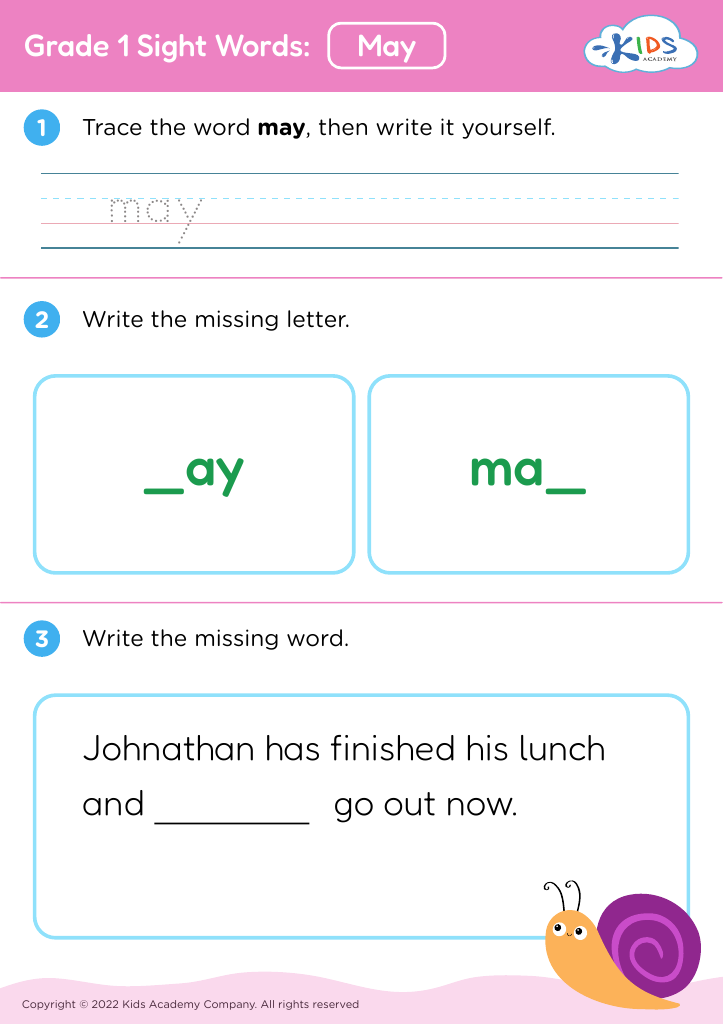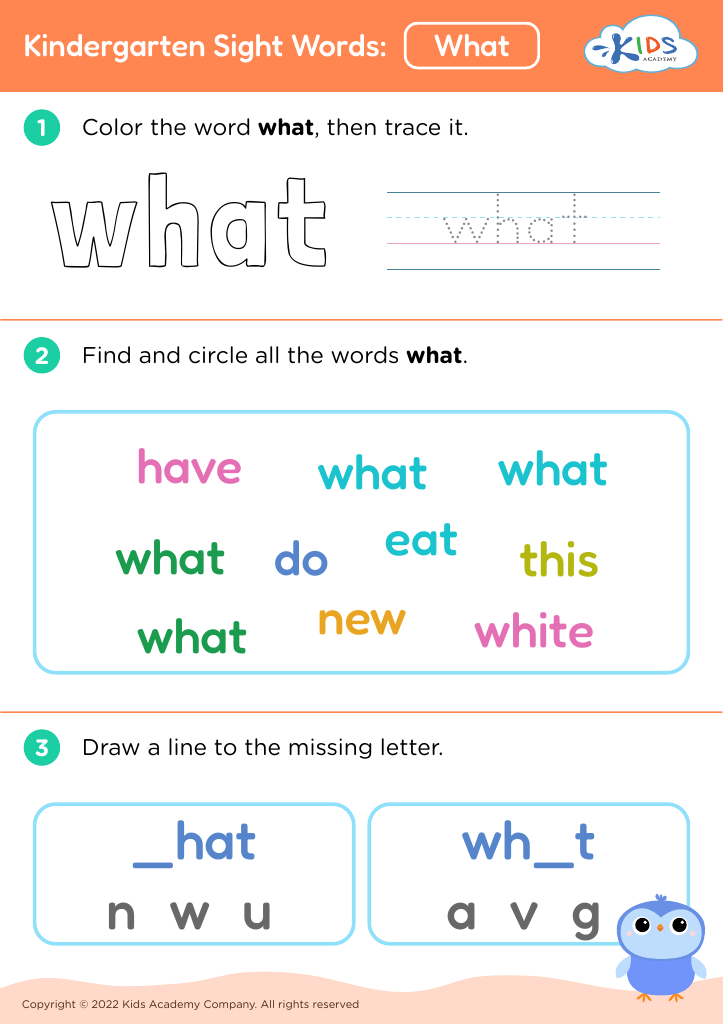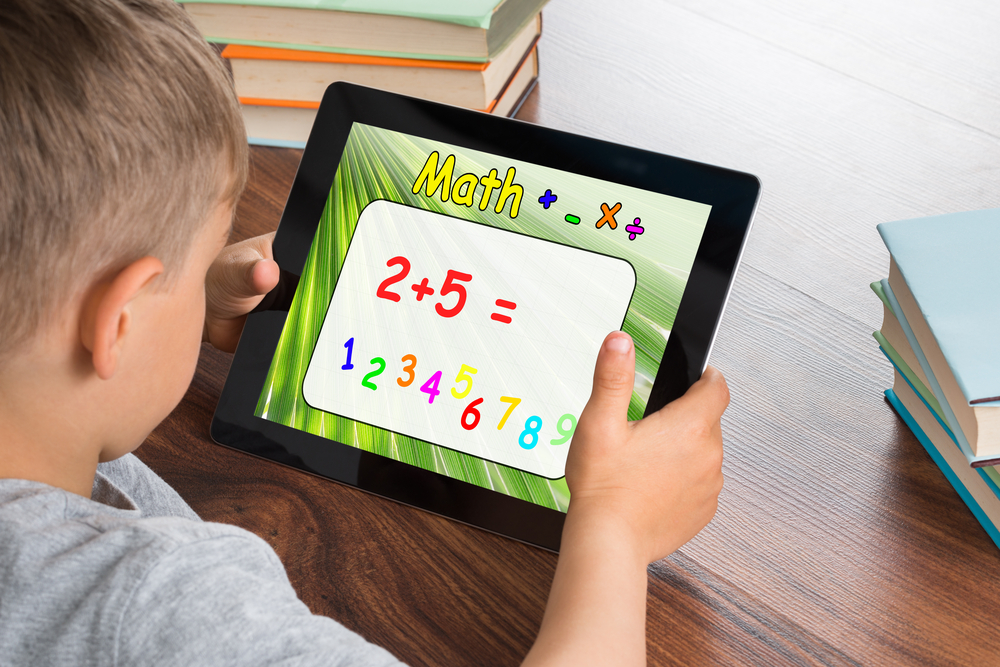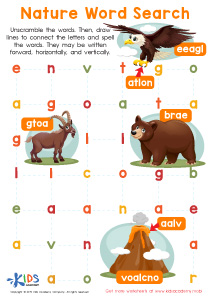Recognizing numbers Sight Words Worksheets for Ages 5-8
3 filtered results
-
From - To
Enhance your child's learning journey with our engaging "Recognizing Numbers Sight Words Worksheets" designed specifically for ages 5-8. These interactive worksheets combine number recognition and sight word literacy, fostering a love for learning while building essential skills. Kids will enjoy fun activities that promote visual recognition of numbers and key sight words in everyday contexts. Each worksheet encourages creativity and critical thinking, helping young learners in their early education. Perfect for at-home practice or supplementing classroom lessons, these resources make learning enjoyable and accessible. Explore our collection today and help your child excel in foundational reading and math skills!
Recognizing numbers and sight words is vital for children aged 5-8 because it lays the foundation for their future academic success. At this critical stage of development, children are entering school or progressing through early grades, where literacy and numeracy skills become essential. Mastering sight words allows them to read fluently, boosting comprehension and confidence. When children can quickly recognize common words, they can focus more on understanding the text's meaning rather than decoding each word.
Similarly, recognizing numbers helps children build a solid grasp of mathematical concepts. It enables them to perform basic arithmetic, understand time, and manage simple financial transactions. Proficiency in numbers is pivotal for skills such as measurement, counting, and eventually more complex math topics.
Parents and teachers play a key role in nurturing these skills through engaging activities like reading together, playing games, and promoting a stimulating learning environment. Investing time in developing these foundational skills not only supports academic achievement but also fosters a positive attitude towards learning. By encouraging sameness through recognition, they help children build confidence and independence, ultimately setting them on a path for lifelong learning. Hence, it is crucial for parents and teachers to prioritize these skills at this formative stage.




















